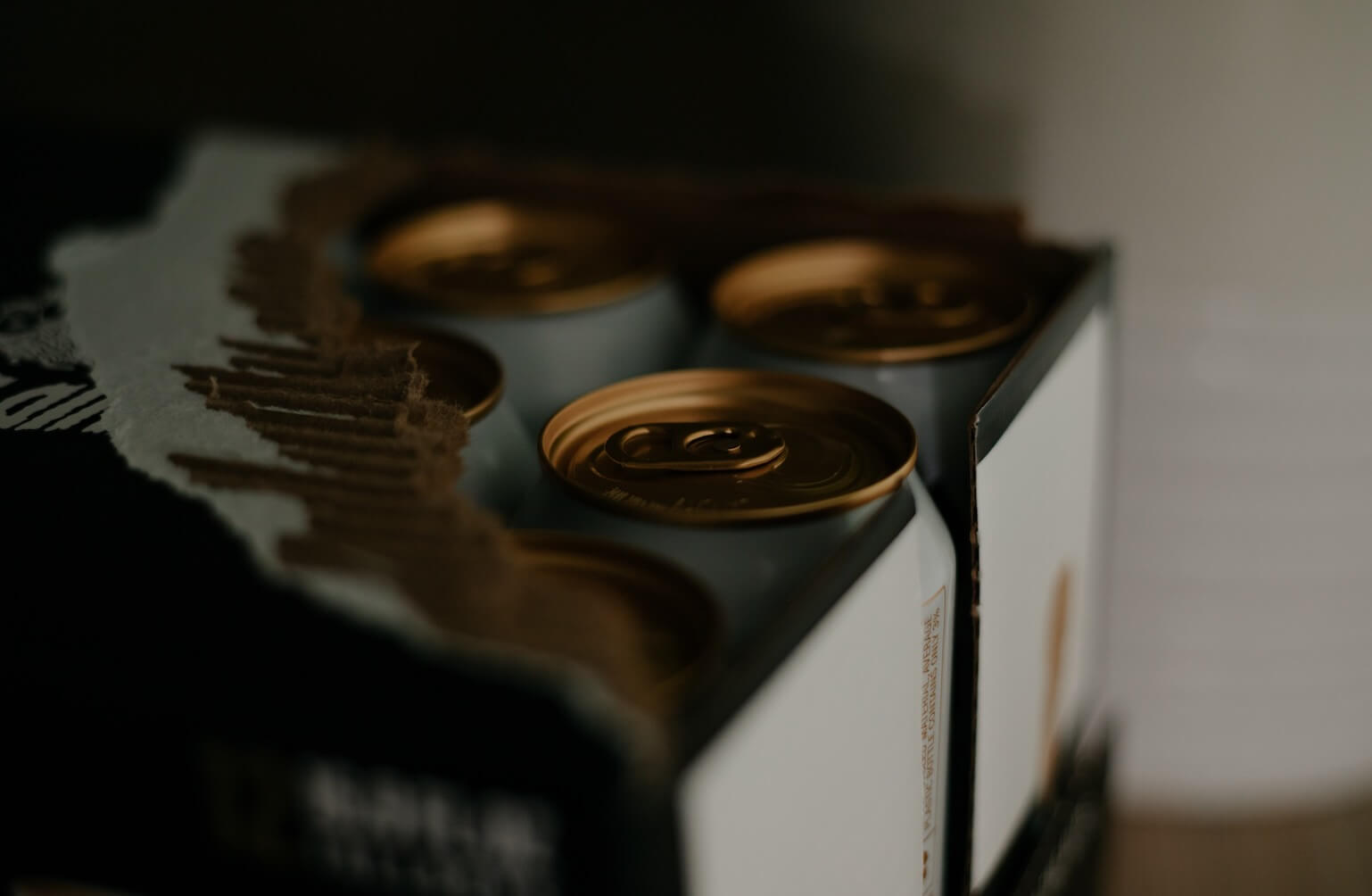In our modern society, plastic bottles have been integral to the distribution of drinking water for decades. Convenient, portable, and inexpensive, these containers are a cornerstone of the beverage industry. However, they have come with a hefty environmental price tag. Each year, millions of tons of plastic waste, much of it from discarded bottles, choke our landfills and oceans, causing significant harm to wildlife and ecosystems. Thankfully, alternatives are emerging on the horizon – one such game-changer is water in a can.

What is Canned Water?
Canned water, simply put, is exactly what it sounds like – water packaged in aluminium cans instead of plastic bottles. While the concept may seem novel, it’s rapidly gaining traction as a sustainable, eco-friendly alternative to traditional bottled water. Leading brands like Wallaby Water are pioneering the revolution, providing consumers with a familiar, yet fundamentally more environmentally friendly product.
The Sustainability of Canned Water
Aluminium cans offer several sustainability advantages over plastic bottles. To start with, aluminium is a highly recyclable material. It can be melted down and repurposed again and again without losing quality or purity. This is a stark contrast to plastic, which degrades in quality with each recycling cycle and often ends up as waste in the environment or in landfills.
Moreover, aluminium is one of the most recycled materials in the world, with approximately 75% of all aluminium ever produced still in use today. In contrast, only about 9% of all plastic has ever been recycled. As such, making the switch to canned water significantly reduces our reliance on single-use plastic and helps to curb the environmental damage caused by plastic waste.
The Efficiency of Aluminium
Beyond recyclability, the process of producing aluminium cans is much more energy-efficient compared to plastic bottles. Aluminium cans are lighter and more compact, meaning they require less energy for transportation. This results in lower carbon emissions, which directly contributes to mitigating the impact of global warming.
The sealing process for aluminium cans also provides a superior barrier against light and oxygen, enhancing the longevity and quality of the water. This is especially beneficial for consumers who value the taste and purity of their drinking water.
The Future of Drinking Water
The rise of canned water is indicative of a broader shift in consumer consciousness. As more and more people become aware of the environmental issues associated with plastic waste, the demand for sustainable alternatives is growing. By opting for canned water, consumers are not just making a choice for quality and convenience – they are casting a vote for sustainability and a healthier planet.
It’s important to note that canned water is just one piece of the puzzle in our global fight against plastic pollution. Other solutions like improving recycling infrastructure, promoting reusable containers, and reducing overall consumption are equally crucial.
In conclusion, the rise of canned water symbolises a promising development in our ongoing quest for sustainable living. It’s not just a trend, but a testament to the transformative power of innovation and conscious consumer choice. As we face the plastic waste crisis head-on, this simple yet impactful switch to canned water could be the wave of the future we need to create a more sustainable world.

